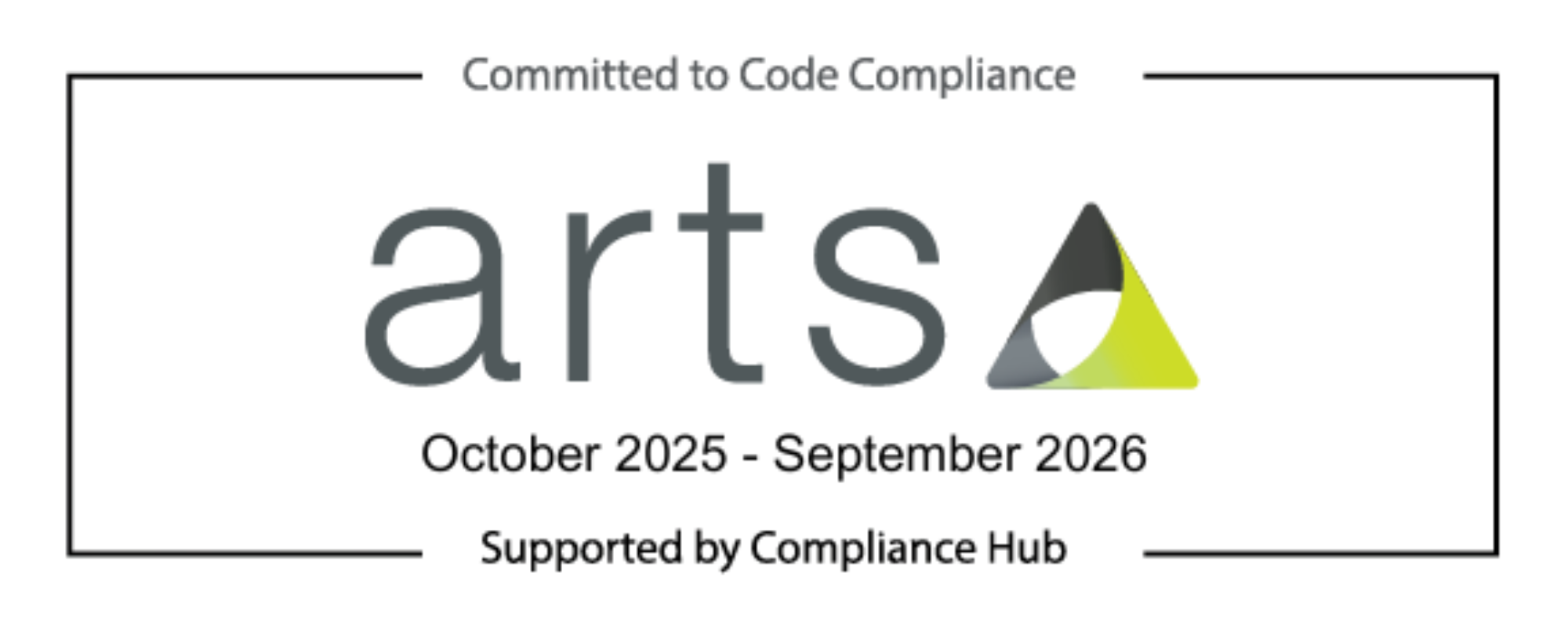PrescQIPP resources to support pharmacy teams in PCNs and general practice
PrescQIPP provides a wide range of evidence-based tools and resources that pharmacy teams in PCNs and general practice can use to optimise medicines for patients to improve patient outcomes and medicines safety.
Who we are
We started as a QIPP (quality, innovation, productivity and prevention) workstream in the NHS 12 years ago, and having successfully grown, in 2016 became a Community Interest Company (an independent social enterprise) that operates on a not for profit basis for the benefit of NHS patients and organisations. We are solely funded by the NHS for the NHS.
Who are our subscribers, who can use our resources
We have a UK wide subscriber base that supports the majority of the UK patient population. Currently all the English ICBs subscribe, as well as all Health Boards (HB) in Wales, Northern Ireland, Isle of Man and Jersey and half of the Scottish HBs.
All pharmacy teams in PCNs and general practice within an ICB/HB geography can register on the PrescQIPP website to access our resources.
What resources are available
Our workplan is guided by the issues our subscribers face across the country. We produce evidence based resources and implementation tools for medicines related interventions with a robust quality assurance process and with regard to extensive stakeholder feedback. Our aim has always been to “do once and share” to enable a reduction in duplication of work and variation across the NHS.
If there is a topic you would like to have resources and implementation tools for, email us at help@prescqipp.info so it can be included in our annual workplan consultation.
The main types of resources are evidence based bulletins and briefings focusing on medicines optimisation priorities identified locally, regionally and nationally by ICS/HB colleagues. Recent bulletins have covered a wide variety of medicines optimisation topics such as omega-3 fatty acid compounds and other fish oils, continence, male sexual dysfunction, reducing opioid prescribing in chronic pain, documenting outcomes from a medication review and the Improving Medicines and Polypharmacy Appropriateness Clinical Tool (IMPACT).
The bulletins and briefings are supported by a variety of implementation tools, which can be locally adapted if needed, including patient information leaflets, template text messages, letters, posters, videos and training slides. GP clinical system searches have been designed for EMIS Web and SystmOne and for some projects Vision to identify patients to review. Clinical audit templates are provided to review patients and highlight actions to take. The resources and tools provide pharmacy teams in PCNs and general practice with information to support medicines optimisation projects that can support improvements in the quality of prescribing, medicines safety, outcomes, healthcare sustainability and value for money. This will enable appropriate change to be embedded in practice for the benefit of patients and the NHS budget.
Where appropriate, bulletins and briefings are supported by detailed prescribing data analysis. Bulletins have include infographics showing the data beside ‘look, review, do’ clinical suggestions to highlight key points to focus on. Many of the infographics contain patient level data highlighting how many patients require review per practice and PCN. A data pack with details of spending and potential savings per 1,000 patients at PCN and practice level allows pharmacy teams to quickly assess the benefits of implementing the bulletin guidance.
We have developed information hubs (webkits) that bring together all the resources, tools and data around key therapeutic topics and strategic areas. For example – adherence and waste, antimicrobial stewardship, care homes, continence and stoma, dermatology, diabetes, low priority prescribing, medicines safety, nutrition, pain, polypharmacy and deprescribing, respiratory care, specials and wound care.
We have produced publicity campaigns focusing on topics such as waste, self care and the inhaler carbon footprint which contain animations and videos that can be shared with patients or added to practice/PCN websites.
The respiratory care webkit has a wealth of resources to help lower the carbon footprint of inhalers used in the NHS. Inhaler carbon emissions data for each type of inhaler are provided. The data pack provides comparative inhaler prescribing data at PCN and practice level. An inhaler switch tool allows you to view the impact of any inhaler switches on the inhaler carbon footprint and costs. There are four GP clinical system searches available covering risk factors identified in the National Review of Asthma Deaths report and the other looking at the use of high dose inhaled corticosteroids (ICS).
As well as sharing our own resources, we have a platform to share best practice and innovation across the NHS which is packed with loads of great ideas and initiatives from across the UK.
What support is available
We lead and run regular virtual professional networks which are open to pharmacy teams in PCNs and general practice covering current issues and information, for example Practice Plus, Pharmacy Technicians, Antimicrobial Stewardship, High cost drugs and Biosimilars, Care homes, Nutrition, and Polypharmacy and Deprescribing, Prescribing data analysis, and Continence and stoma.
How you can keep up to date
If you need to refresh your knowledge in a particular clinical area PrescQIPP have a number of ways you can keep up to date. There are 16 high quality, CPD accredited e-learning courses available for organisations to commission or an individual can purchase access for themselves. These cover a range of topics including anticholinergic burden, asthma, dependence forming medicines, lipid modification, optimising medicines for adults with type 2 diabetes and practice medicines co-ordinators. ICBs can also commission therapeutic workshops covering topical and relevant therapeutic areas. These can be delivered as Face2Face workshops or as virtual workshops. These workshops are an opportunity for healthcare professionals across the ICB including PCN and practice-based pharmacists and technicians, to update their clinical knowledge, be aware of the latest national guidance, network with colleagues and consider local implementation to support best practice and patient care. Check with your PCN clinical director or ICB medicines optimisation team what is available to you.
We run monthly lunchtime clinical webinars and masterclasses with national clinical experts, for example – eczema management, uncontrolled and severe asthma management, lipid modification and insomnia. If you are unable to listen live, recordings are available on the PrescQIPP website.
Find out more
If you’re new to PrescQIPP, use our virtual induction webpage for information, tips and advice to get the most out of the PrescQIPP website and our community.
Sign up to receive our monthly newsletter direct to your inbox to keep up to date with our latest publications and details about upcoming webinars, virtual professional groups and clinical masterclasses at https://www.prescqipp.info/mail-chimp/


 London
London


